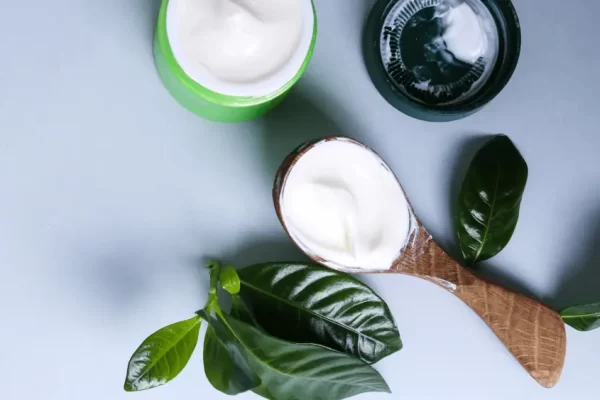Some herbs and spices are granted to us to enhance a dish’s flavors and have several medicinal benefits. The natural herbs and spices available, especially in the Indian Sub-continent own the power to cure many diseases effectively. These ancient herbs and spices some obtained from the tree’s bark, and the other is fruit or leaf of some plant.
One of those many useful herbs involves cinnamon, a mandatory spice in foods to enhance its taste and own its indigenous and medicinal benefits. It is obtained from the Cinnamomum tree’s inner bark.
When the bark is removed from the tree trunk and kept from drying for a short period, it rolls automatically and develops into a quill that appears like a stick. Cinnamon is mainly available in the form of a stick or even powder. One can grind these sticks or ground them to turn them into a fine powder which has many benefits on its own.
One source states that adding a pinch of cinnamon to your routine every day could help manage blood sugar levels if you are diagnosed with prediabetes.
How does Cinnamon help in managing Blood Sugar Levels?
It has been said that cinnamon powder is an acceptable form of improving diabetes or blood sugar levels in an individual. Research has been done before establishing a point that says cinnamon can lower the blood glucose level and has an insulin-like effect that helps the cells remove the blood and store it inside the cells.
There haven’t been many research types to claim managing diabetes with cinnamon sticks or powder in a person’s everyday life. Some researchers have even shown contradictory research too, which says that cinnamon might even lead to a blood sugar spike or have no effect at all.
Some research shows the positive effect of cinnamon on blood glucose levels too. One of the randomized controlled trials, a meta-analysis conducted in 2013, showed that cinnamon ingesting had a positive influence on fasting blood sugars. Other positive effects were observed, such as total cholesterol, triglycerides, and bad cholesterol.
But cinnamon might not be a wise choice for every individual with diabetes or a risk of type 2 diabetes as ingesting cinnamon could also show symptoms of gastrointestinal and allergic reactions. One teaspoon of cinnamon tends to work fine and is a small portion of an everyday diet, but more than that could prove harmful.
More studies are required to confidently claim cinnamon as the final resort for improving or preventing high blood sugar. Still, a restricted diet is necessary to be maintained until then, and cinnamon alone could not do all the trick.




